
2019 in Review: Winners & Losers - Article
by Taneli Palola , posted on 05 January 2020 / 4,980 ViewsYet another year has passed and, as always, the video game industry continues to be both great and awful at the same time, depending on which part of it you happen to be watching at the time. A new, excellent indie game selling millions and capturing people's imaginations is often juxtaposed with news of hundreds of people losing their jobs while the company they worked for is reporting record revenues and boasting millions in sales for their biggest franchise. It's an industry of two extremes, and we're going to talk about both of those here.
Winners
Nintendo
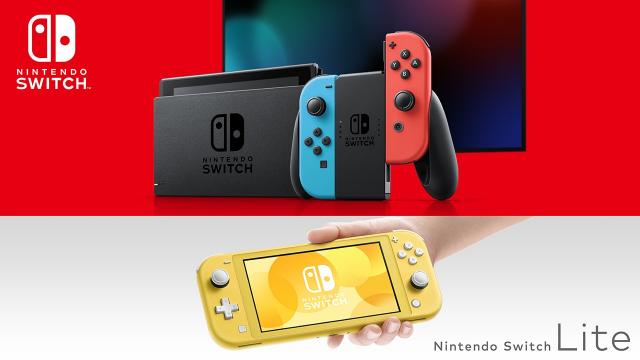
Nintendo keeps marching from one triumph to another with the Switch and they're showing no signs of stopping any time soon. Super Mario Maker 2, Fire Emblem: Three Houses, Astral Chain, Luigi's Mansion 3, The Legend of Zelda: Link's Awakening, and a number of other titles have kept the system's momentum going for yet another year, and with the promise of games like the sequel to Breath of the Wild still on the horizon I have no doubt that the future remains bright for the Switch.
I just wish Nintendo would put the same kind of care and thought into their online services as well, as that remains a notable blemish on an otherwise great year for the company. The Nintendo Switch Online service and its pathetic drip feed of NES titles that have been released on practically every Nintendo system over the last 15 years leaves a lot to be desired. Nintendo has perhaps the greatest backlog of amazing titles to its name from the NES forward all the way to present day, and yet thus far the service is devoid of any of these games beyond the Super Nintendo.
Of course, this is ultimately a fairly minor issue in the grand scheme of things, and there's absolutely no question that Nintendo had an absolutely stellar 2019. The Switch Lite, a cheaper, handheld-only version of the console proved to be a huge success (even if personally I have no interest in purchasing one), and the new model of the regular Switch with improved battery life was a wonderful quality of life improvement for the system as a whole. Simply put, the Switch is an amazing piece of hardware, and the software library is quickly becoming one of the all time best in video game history.
Sony
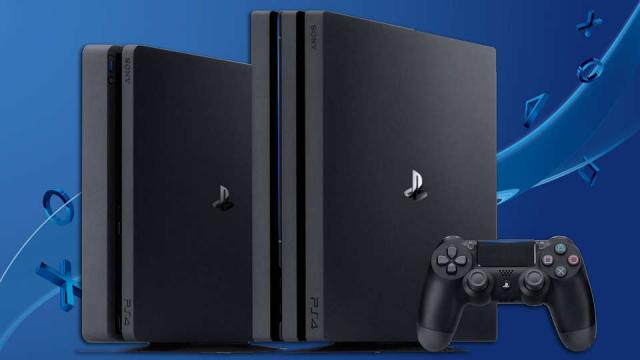
On November 15th the PlayStation 4 reached its sixth full year on the market and historically speaking for most consoles that would mean a period of rapid decline. The PS4, on the other hand, seems to largely ignore such petty things as age and newer competitors and just keeps on trucking along, at least for the time being.
Still, there's no question that 2019 for the PS4 wasn't quite on the same level in terms of big first-party releases and console exclusives as the previous two years. Games like Days Gone and Death Stranding certainly help, but 2019 was, perhaps inevitably, a bit of a break year for Sony's own releases. Fortunately, third-party developers more than made up for this with their offerings throughout the year, with multiplatform releases like Kingdom Hearts III, Resident Evil 2, and Sekiro: Shadows Die Twice leading the charge.
Even with so many years behind it the PS4 still looks to have another couple of strong years ahead, with games like Ghost of Tsushima, The Last of Us Part II, and the Final Fantasy VII Remake still to come, setting up 2020 to be very promising indeed.
Loot Boxes and Microtransactions Under Increased Scrutiny
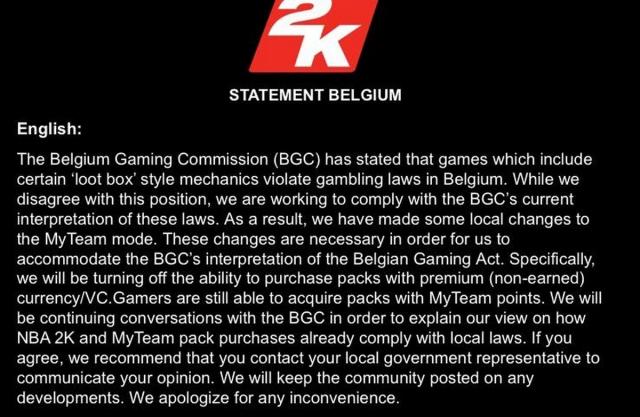
This is something that's been coming for a long time now, mostly because the video game industry has refused to do anything to limit or restrain itself in developing new and increasingly predatory ways to monetize games, but it's still very nice to see that loot boxes and microtransactions are being criticized and scrutinized more and more as time goes on. Of course, none of this will stop video game companies doing their utmost best/worst to squeeze every last possible cent from their customers through in-game purchases, at least until someone from outside the industry forces things to change.
As soon as more countries around the world begin placing limitations on the implementation of in-game purchases/microtransactions we'll likely see the industry start to pull back from some of its more egregious monetization attempts, but it'll be interesting to see if it's a case of too little too. Britain and Belgium have already made strides towards banning loot boxes in video games, and other countries will probably follow suit if things don't change to a drastic degree. The best part of all of this is the fact that video game companies only have themselves to blame for forcing governments to act.
Xbox Game Studios
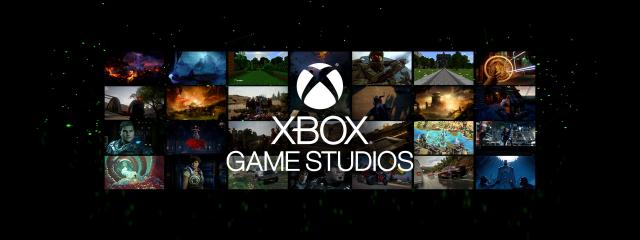
I haven't actually put Microsoft or Xbox on either side of this argument in previous years, because they've just kind of been there, not really doing anything that great, but not engaging in anything particularly egregious either. However, over the last year the company has made numerous strides towards bolstering its first party output, acquiring several developers under its wing and actually giving fans something genuinely interesting to look forward to in the future. It's no secret that the Xbox One has been lacking when it comes to high profile exclusives, but with these recent acquisitions that could very well be about to change when the next Xbox comes out.
With studios like Double Fine, Ninja Theory, and Obsidian Entertainment joining Xbox Game Studios, and new ones like World's Edge being founded, Microsoft has a genuinely great group of developers working for it now, and if things progress well they could finally start rivalling the output of Nintendo and Sony's internal developers.
Losers
The Continued Use of Predatory Microtransactions in AAA Video Games
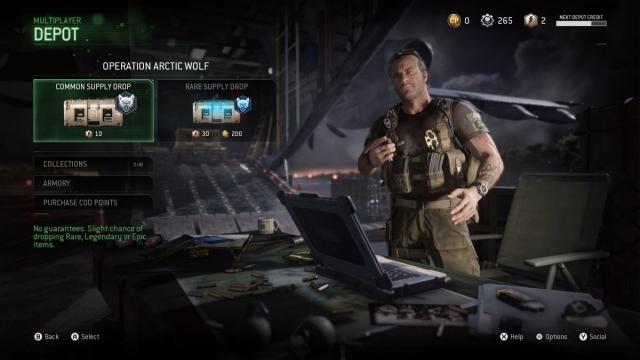
This has become a recurring entry in these articles and I don't expect that to change anytime soon. Despite the aforementioned court rulings regarding the use of loot boxes and microtransactions in certain parts of the world, the industry still finds new and increasingly disgusting ways to take advantage of customers, corrupting and distorting ideas that might at some point have been perfectly reasonable. Whether it's loot boxes, season passes, microtransactions, or any number of other monetization methods, you can always trust the AAA industry to make the worst of them, while naturally claiming that it's always ”optional”.
It has gotten to a point where children are literally bankrupting their families by purchasing microtransactions and loot boxes in games like FIFA, simply because they don't understand the consequences of those actions. I can't even blame the parents, even if they should be monitoring their children better, as I doubt many of them even realize that the video game they bought for their kid contains an in-game store where you can spend real money to buy more stuff for the game they already paid for.
Rockstar and Take-Two gave up all pretence when they just added an actual casino to GTA Online, in which players can spend real money to gamble, with the usual degrees of separation in place of course. You see, it's not real money you gamble with, but a special in-game currency that's used, which is of course first bought with real money. At this point there's just no subtlety left to how big publishers will try to monetize their games.

Ubisoft even began calling the microtransactions in Ghost Recon Breakpoint ”timesavers” that allow you to skip its boring and repetitive gameplay, so now you can pay the game's publisher additional money for the privilege of not having to play the game you already paid money for. They're literally selling you the ability to not play their game, which is probably a good thing in this particular case because not playing it is the only way to get any enjoyment out of it. If only you could just not play the game at all. And that's without mentioning the absolutely ridiculous amount of other microtransactions found within. Breakpoint isn't a game, just a shop masquerading as one.
We've literally arrived at a point where developers will announce that a game will have microtransactions literally years before the game is even released, which means that long before the game is even close to completion the companies already know how they're going to further monetize the game.
G2A Costing Indie Developers Massive Amounts of Money Through Selling Fraudulent Game Keys
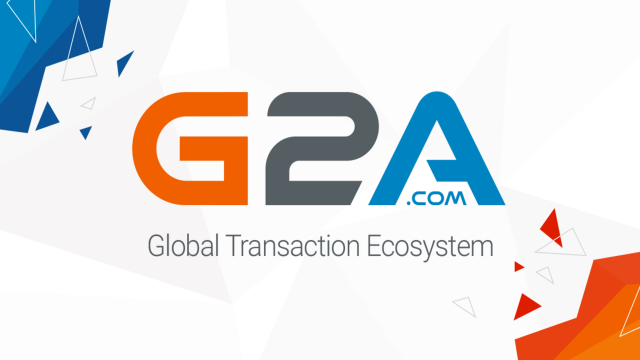
For those who don't know, G2A is a company/website that serves as a platform where people can sell game keys they've obtained elsewhere. In theory, there isn't necessarily anything wrong with this, but in practice this has cost many developers small fortunes, especially on the indie side of the industry.
Sites that resell keys to customers aren't anything new or unusual, but in G2A's case the problem lies in the fact that a huge number of game keys that are sold on their site have been purchased with stolen credit cards or acquired through other illegal means. These keys are then often deactivated as a result of this, but the ones shouldering the costs of the chargeback from non-functioning keys are the game developers.
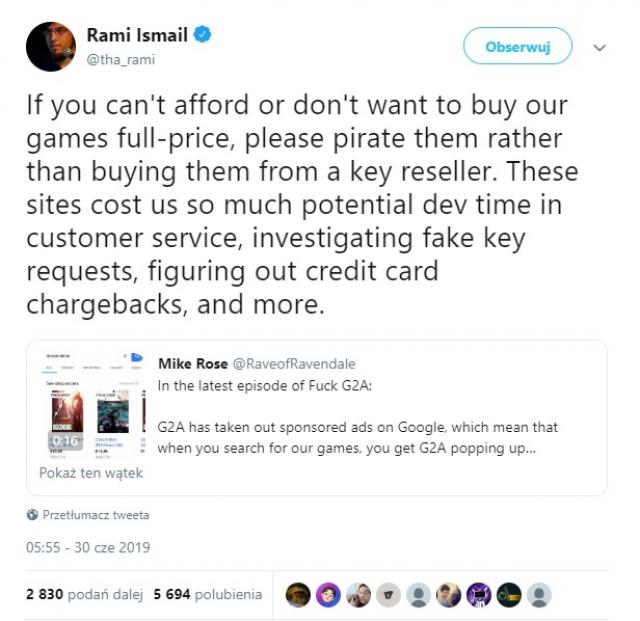
A lot of this came to light around July of this year, when several indie developers accused G2A of selling fraudulent or stolen game keys, resulting in keys that didn't work, which led to customers asking for refunds from the developers themselves, rather than G2A or the people who sold the keys. Basically, the developers were forced to refund customers for games that they themselves never got any money for in the first place, leading to huge losses in revenues and profits for many very small developers who simply can't afford such additional costs. While some of these keys were eventually traced elsewhere, G2A's role in perpetuating this grey market cannot be understated.
A clear sign of how many developers feel about G2A was seen when many of them stated they'd rather have people pirate their games than buy them on G2A, in order to avoid chargeback costs on game keys. For a comprehensive look at this entire debacle surrounding the company, check out this article from The Indie Game Website.
Entertainment Software Association (ESA)
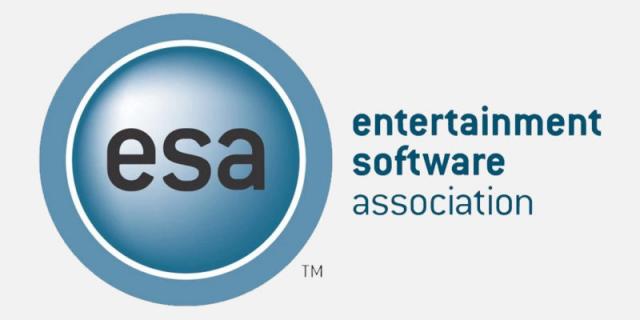
The Entertainment Software Association is a trade association which, among other things, is responsible for the ESRB ratings system for video games. In addition, ESA also organizes the Electronic Entertainment Expo, or E3. The company was founded as a reaction to the increased criticism directed towards the video game industry, stemming from the rising popularity of a number of violent video games such as Mortal Kombat during the early 90s. The association was supposed to protect the industry and customers against potential harmful outside legislation that would limit the industry's rights
In the years since, however, the ESA has effectively become a lobby group for big video game companies that does everything in its power to shield them from any and all criticism and consequence, while largely ignoring customer interests, at least as long as it can do so without suffering any major consequences. As an example, the ESA was originally strongly in favour of passing SOPA and PIPA, only to turn against them once it was already clear they would not pass anyway. In addition, the ESA has consistently been in favour of loot boxes in video games.
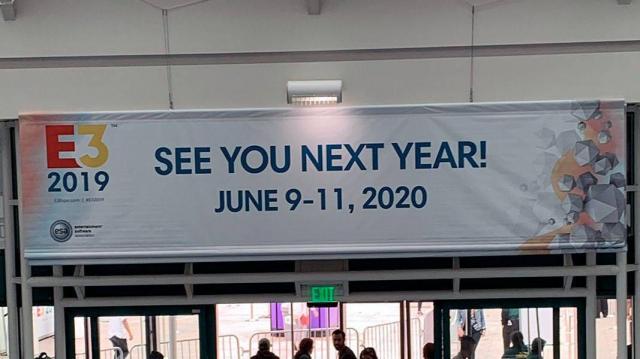
However, the reason they're on this side of this article now is because of an E3 data leak from earlier this year. The leak made clear that the ESA had been collecting the private information of thousands of members of the press on its site without putting any protection on said information, making it available for anyone to read and steal. Naturally, the ESA then removed the information from the site, and apologized... kind of. Then it was discovered that the site also held similar information from several earlier E3 events, at which point the company's incompetence was no longer a simple one-time mistake, but a repeated act of stupidity that risked the personal lives of thousands of people around the world.
The most damning part of this is the fact that the ESA was alerted to how its practices exposed the personal information of thousands of E3 attendees on its site all the way back in September of 2018, yet refused to do anything to protect such data for the 2019 E3 event. It's now December 2019 and the ESA has still not updated the public on the data leak, nor addressed concerns over future events under the ESA's banner, seemingly in hopes that people will eventually just forget it happened.
If you wish to read more on the matter here's a good article on Gamedaily.biz covering the subject.
The "AAA" Video Game Industry
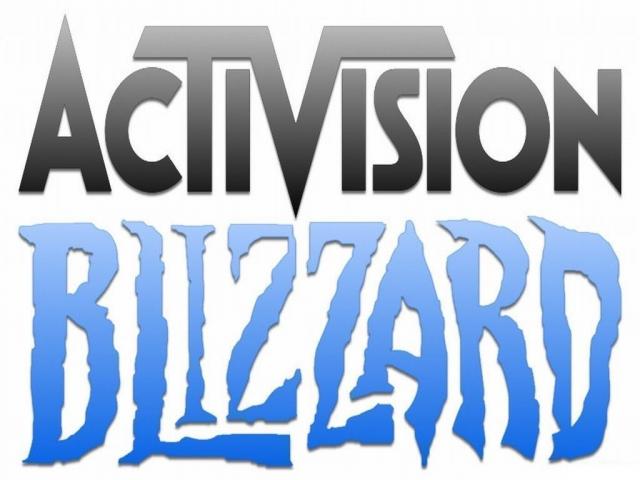
I understand that putting all of the AAA video game industry into the same box might seem somewhat hyperbolic, and while I fully admit that there are situations and instances where a AAA developer or publisher has done something genuinely good and great this year, the vast majority of actions and policies enacted by these companies have been utterly reprehensible for much of 2019.
Whether it's Blizzard's actions and pathetic non-apology relating to the banning of a Hearthstone player and confiscating his tournament winnings for taking a political stance against what is essentially a dictatorship, Bethesda thinking it would somehow be a good idea to begin charging players $100 for a yearly subscription for Fallout 76 of all things, Randy Pitchford of Gearbox Software walking from one bafflingly stupid statement to another prior to Borderland 3's release, or any number of other examples, the video game industry has been remarkably consistent in finding a myriad of fascinating ways to screw up and harm its reputation.

A special mention should also be given to the mistreatment and abuse of workers within the industry. This has been a topic of discussion within the video game industry and the media for years now, but in recent times more examples of worker exploitation have come to light than ever before, likely because people are finally starting to realize that maybe this isn't something that should be seen as commonplace and normal within the industry.
From ridiculous crunch periods with over 100 hour working weeks, to laying off staff with no warning while at the same time reporting record revenues, and even accusations of sexual harassment, companies like Rockstar, NetherRealm, Bioware, Activision Blizzard, and Riot have all found themselves embroiled in controversy for a variety of different reasons this year. To say that the video game industry has a lot of room for improvement in the future would be a gross understatement.
Those were my picks for the major winners and losers in the video game industry in 2019. What about you - who had the best year and who had the worst? Let us know in the comments section below.
More Articles
No mention öf the flawless Google Stadia launch?
Good article.
Great article. Just Stadia is missing a bit, but considering the list of losers already getting long, I can see why it's missing.
I would have added Fallout 76 to the losers category, and it didn't even release this year. The game stayed in the public eye all year through nothing but constant bad news. That has to be a record for relevance for the wrong reasons.
I know, but there's the failure of the entire industry, and then there's a single game's failures pretty much equaling the highlight of shame. It probably deserved a spot by itself.
Well, Bethesda in general then. Just look at their other releases this year: Wolfenstein: Youngblood, which could be a franchise killer, that Commander Keen mobile game that's disowned by Tom Hall (the original creator of Commander Keen) and forgotten within days of release...
"The "AAA" Video Game Industry" -- The self-righteousness of this place is sometimes overwhelming.
How they will recover? I don't know, how well is CoD selling?
I know I won't be purchasing anything from them.
On top of a big pile of money with many beautiful ladies. /s








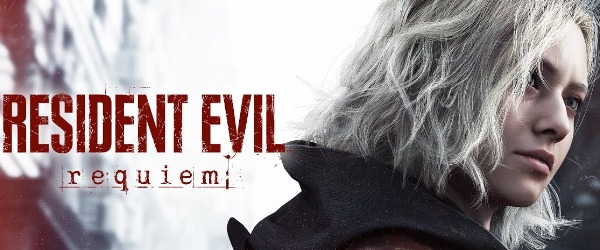
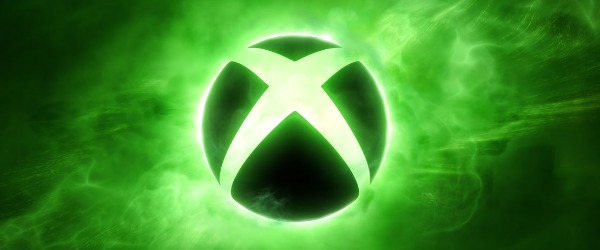
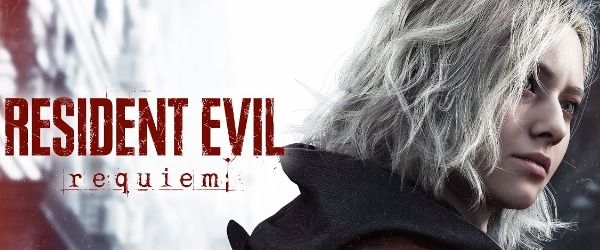
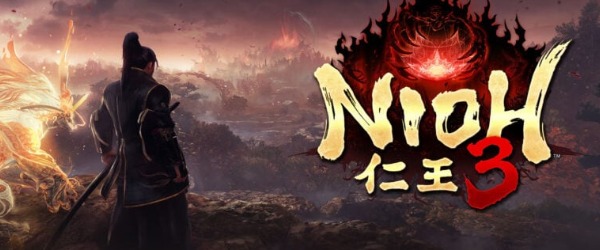










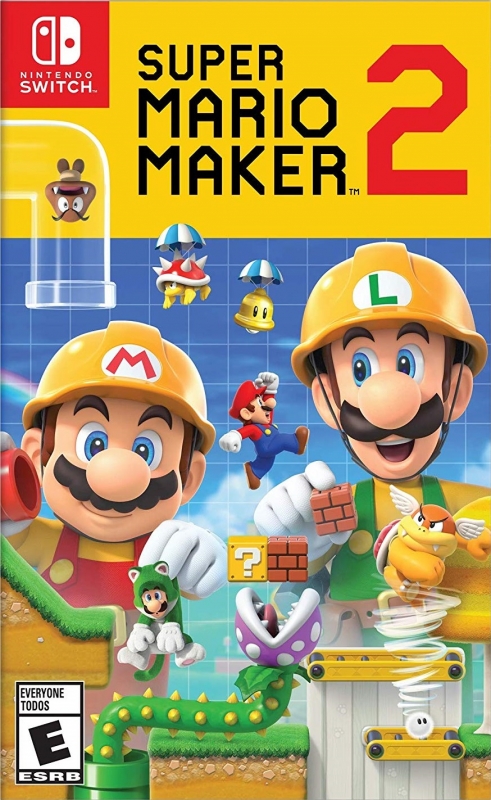

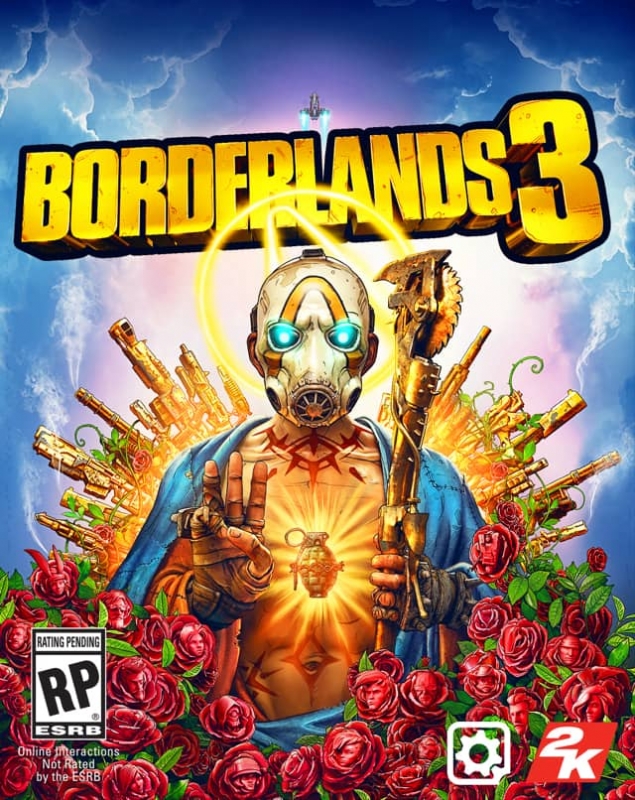

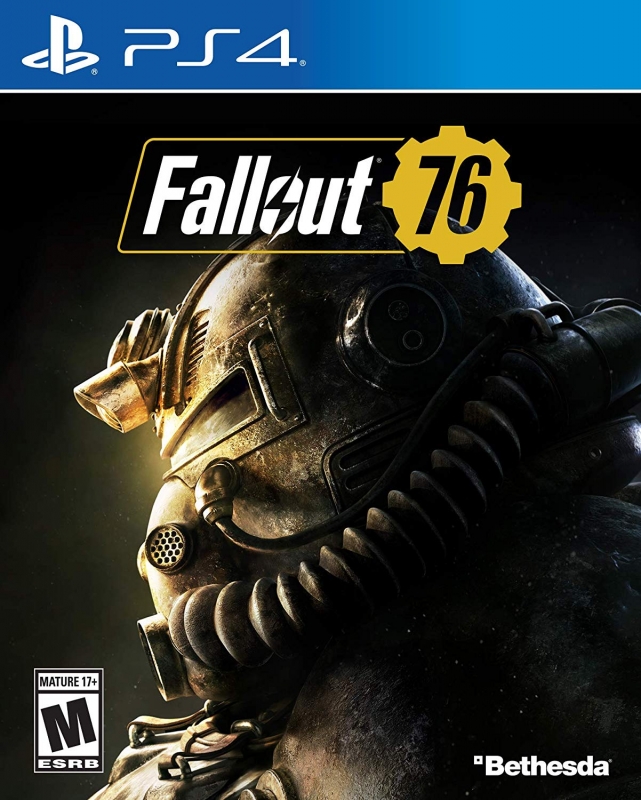

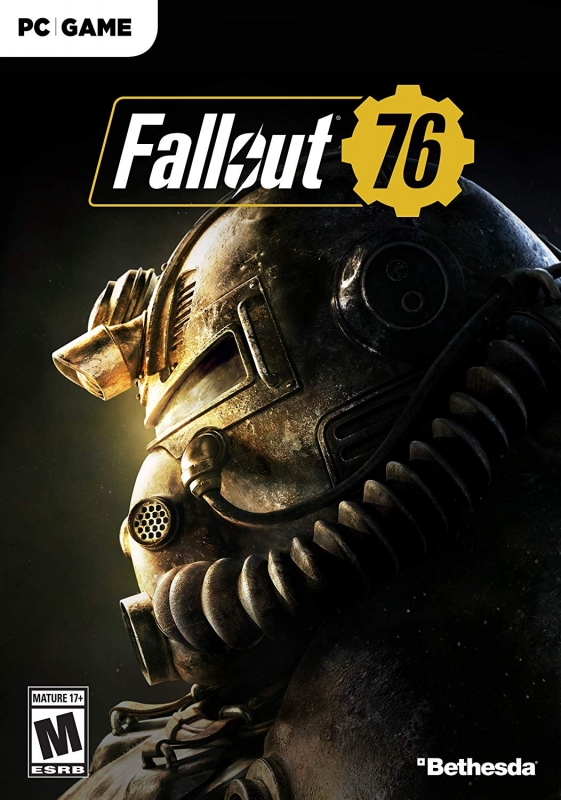
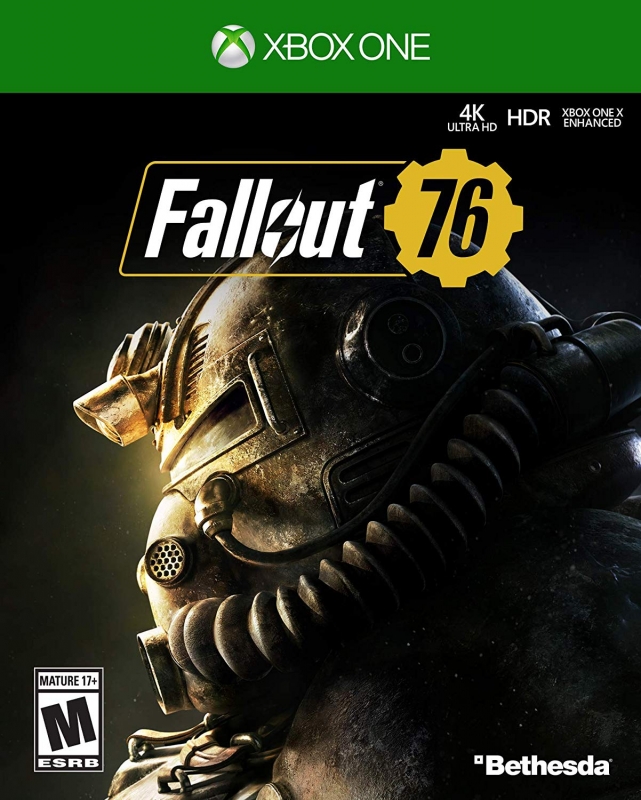

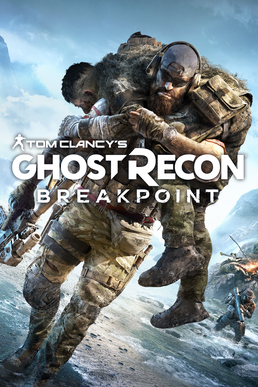
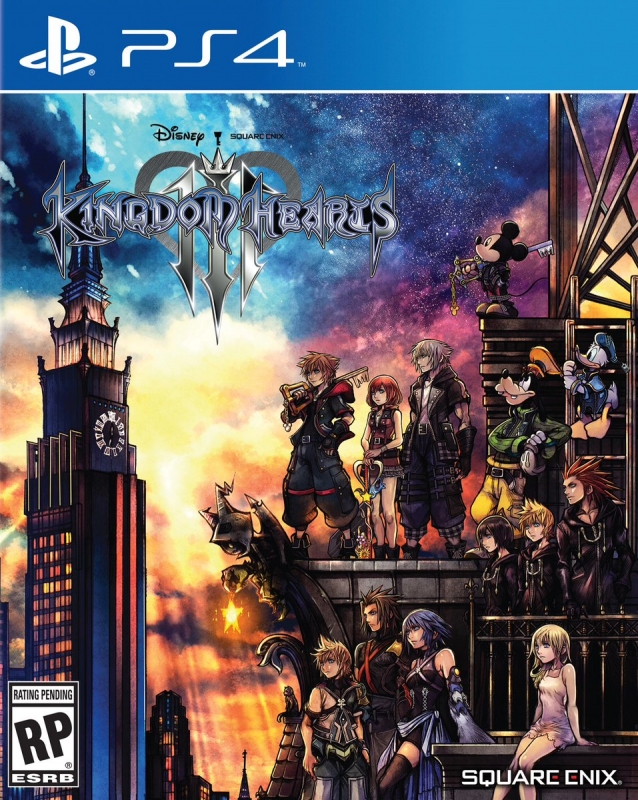
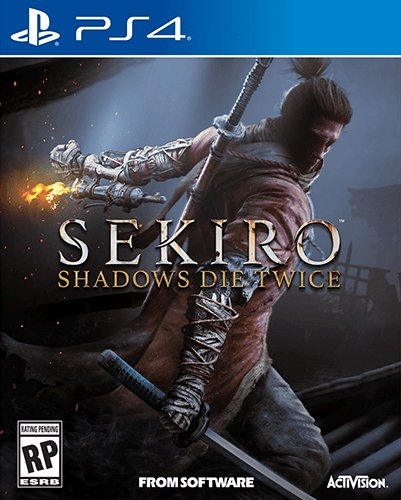
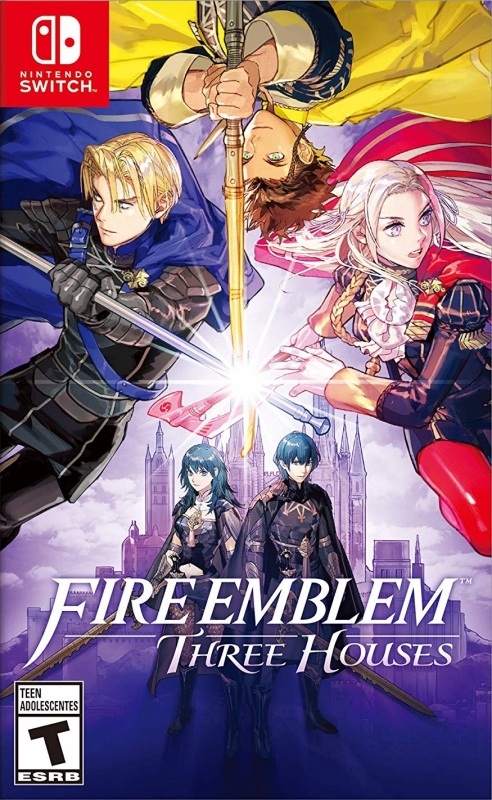
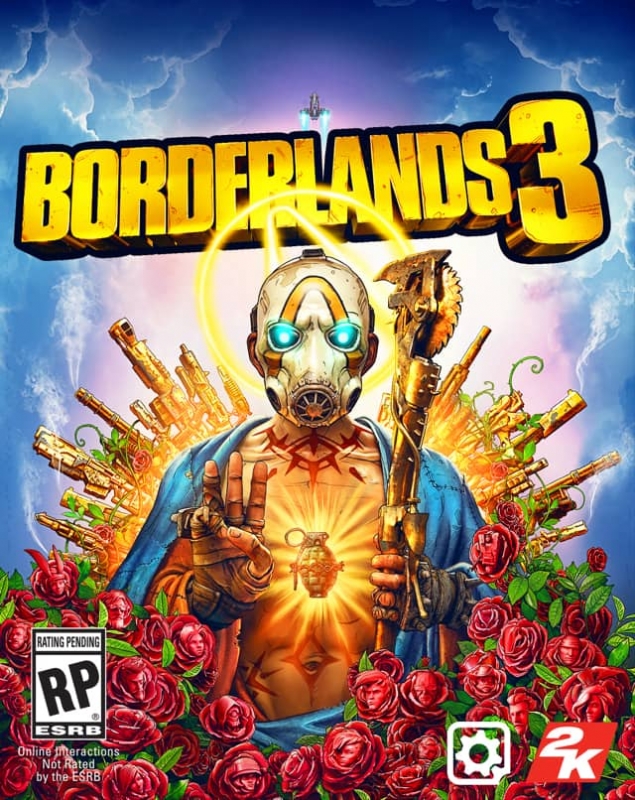
 Essay Pro
Essay Pro